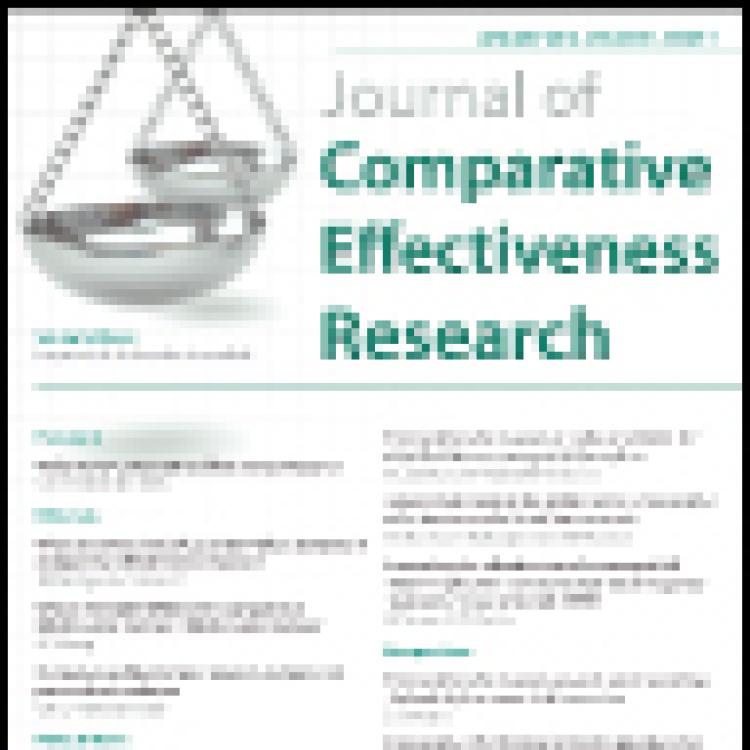Authors: Various, with funding from the National Pharmaceutical Council, the Center for Medical Technology Policy, and Outcome, a Quintiles Company.
Publication: Journal of Comparative Effectiveness Research, May 2012nt, May 2012
This series of papers, published in the Journal of Comparative Effectiveness Research, explore the challenges and opportunities with selecting appropriate research methods, soliciting stakeholder feedback, and engaging methodological experts. This collaborative project was developed by the National Pharmaceutical Council, the Center for Medical Technology Policy, and Outcome, a Quintiles Company.
The common conclusion of evidence reviews across many health care fields is that "more research is needed." This is often because good research raises important new questions, the studies do not address the key questions, or the methods are inadequate to produce actionable information for decision-makers. For example, as funding for CER from PCORI or the Agency for Health Care Research and Quality consider funding a study addressing CER, they must help identify if a randomized controlled trial will provide the most relevant information or if a real-world assessment is optimal. To guide this decision, Congress included a legislative mandate for the PCORI methodology committee to create a translation table to aid in the selection of the optimal study methods for various questions by May 10, 2012. The PCORI methodology committee translation table is likely to serve as a credible resource for both the research community and decision-makers and will impact the type and conduct of CER studies.
- A Translation Table for Patient-Centered Comparative Effectiveness Research—Guidance to Improve the Value of Research for Clinical and Health Policy Decision-Making (Tunis, et al): This first paper in the series provides the background and context for the project by discussing the perceived need for and origins of the “translation table” concept for method selection.
- Building Useful Evidence: Changing the Research Paradigm to Account for Comparative Effectiveness Research (Greenfield and Kaplan): This paper describes the changes needed in the current clinical research paradigm to account for the demands of comparative effectiveness research. The authors highlight factors such as the use of active treatments vs. placebo, innovative research methods, assessment of subgroup performance, and the examination of multiple outcomes.
- Which Design for Which Question? An Exploration Toward a Translation Table for Comparative Effectiveness Research (Montori, et al): The authors examine two specific research questions and provide the rationale for and against a variety of study designs that might be used to address each. They further demonstrate the critical linkage between the affected stakeholder, the outcome of interest of that stakeholder, and the optimal study design.
- Incorporating Stakeholder Perspectives in Developing a Translation Table Framework for Comparative Effectiveness Research (Gliklich et al): This paper summarizes the findings from a multidisciplinary stakeholder panel that rated the relevance of potential research approaches for the management of localized prostate cancer, evaluation of kidney stones, and anticoagulation of patients undergoing hip or knee joint replacement.
- Comparative Effectiveness Research - A View From the Other Side of the Pond (Rawlins): The fifth paper in the series provides an ex-US perspective on the other four articles. National Institute of Health & Clinical Excellence Chairman Sir Michael Rawlins offers his own insights on the steps necessary to determine which methods would best address specific research questions.
